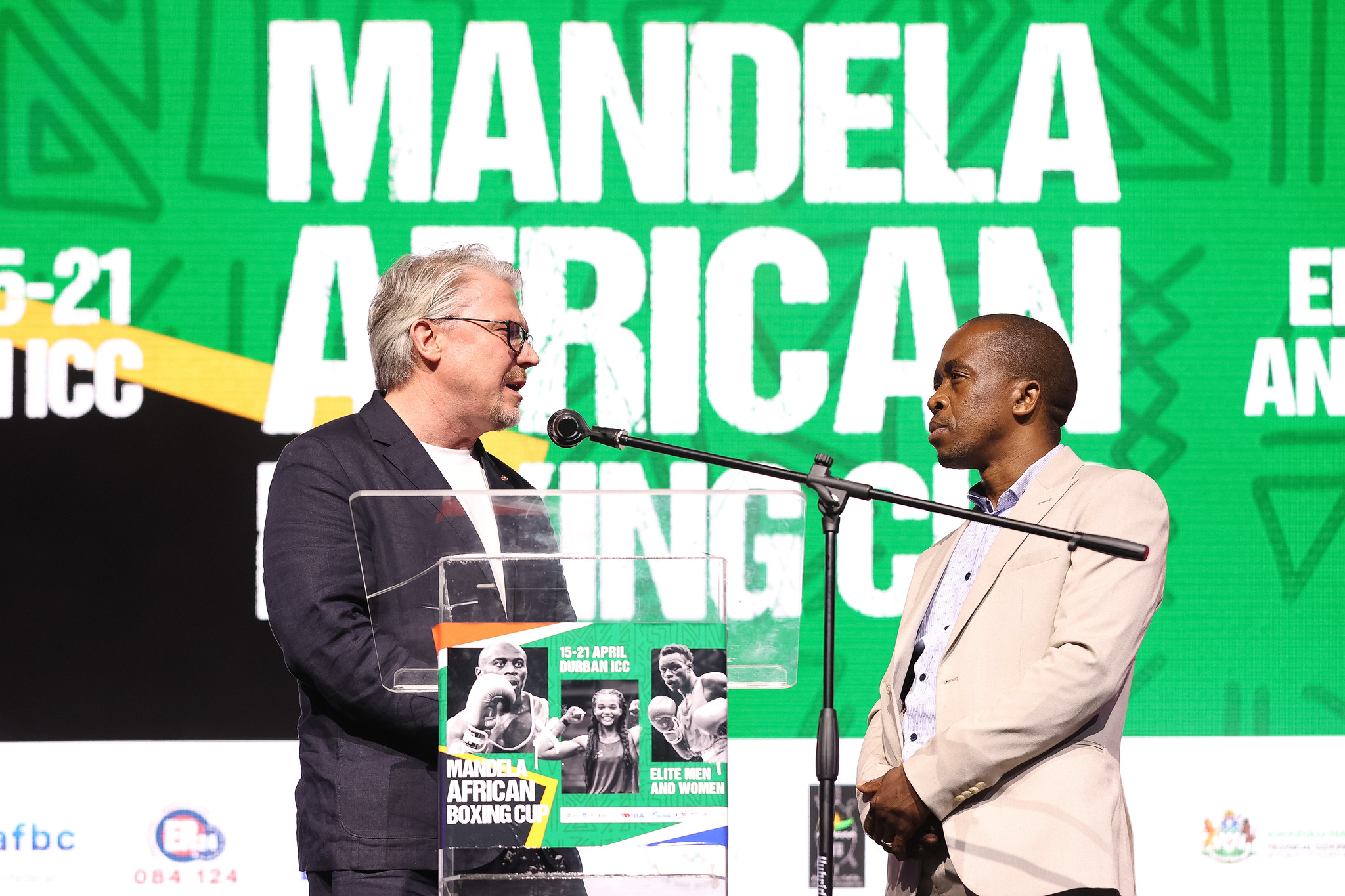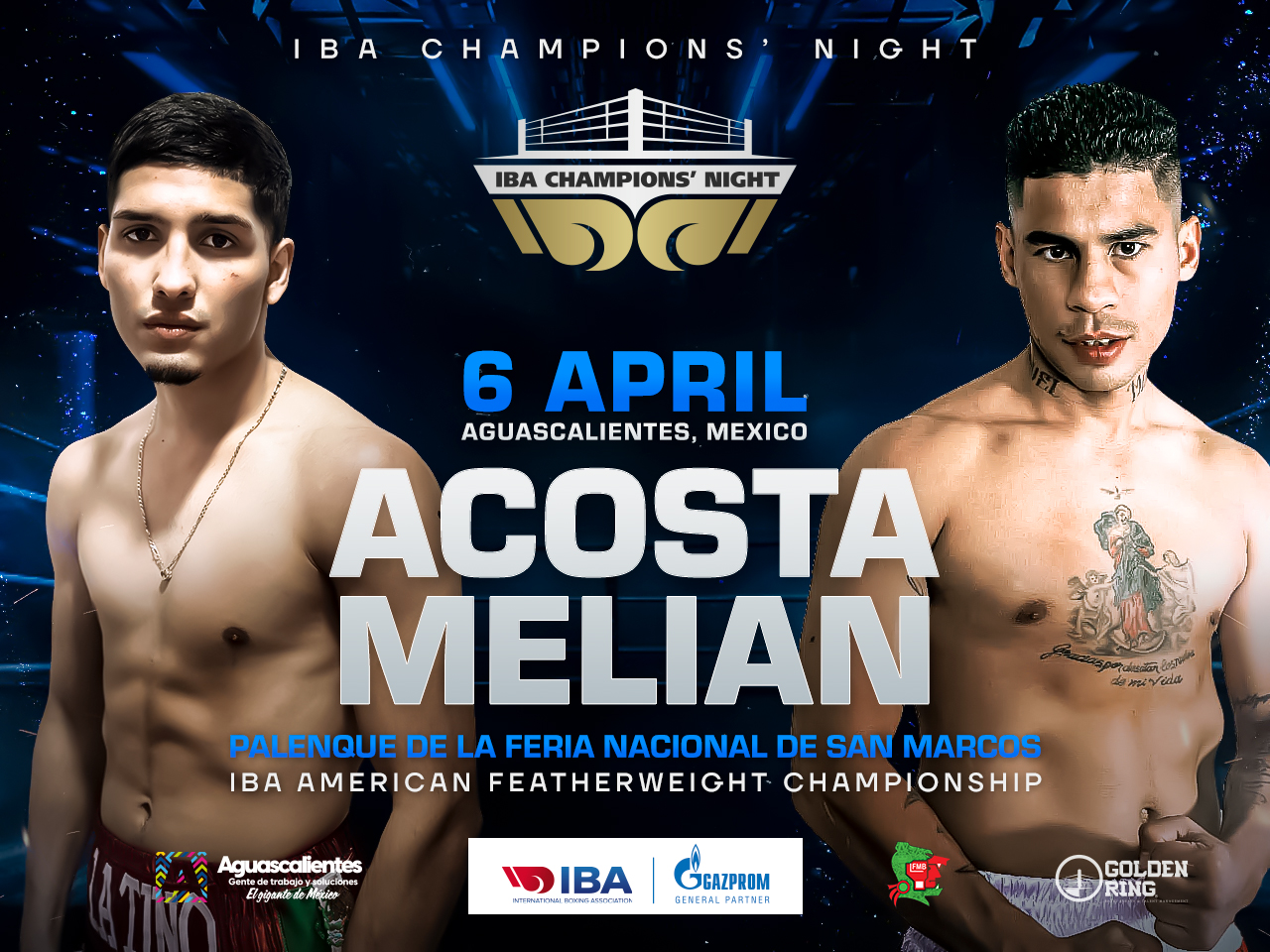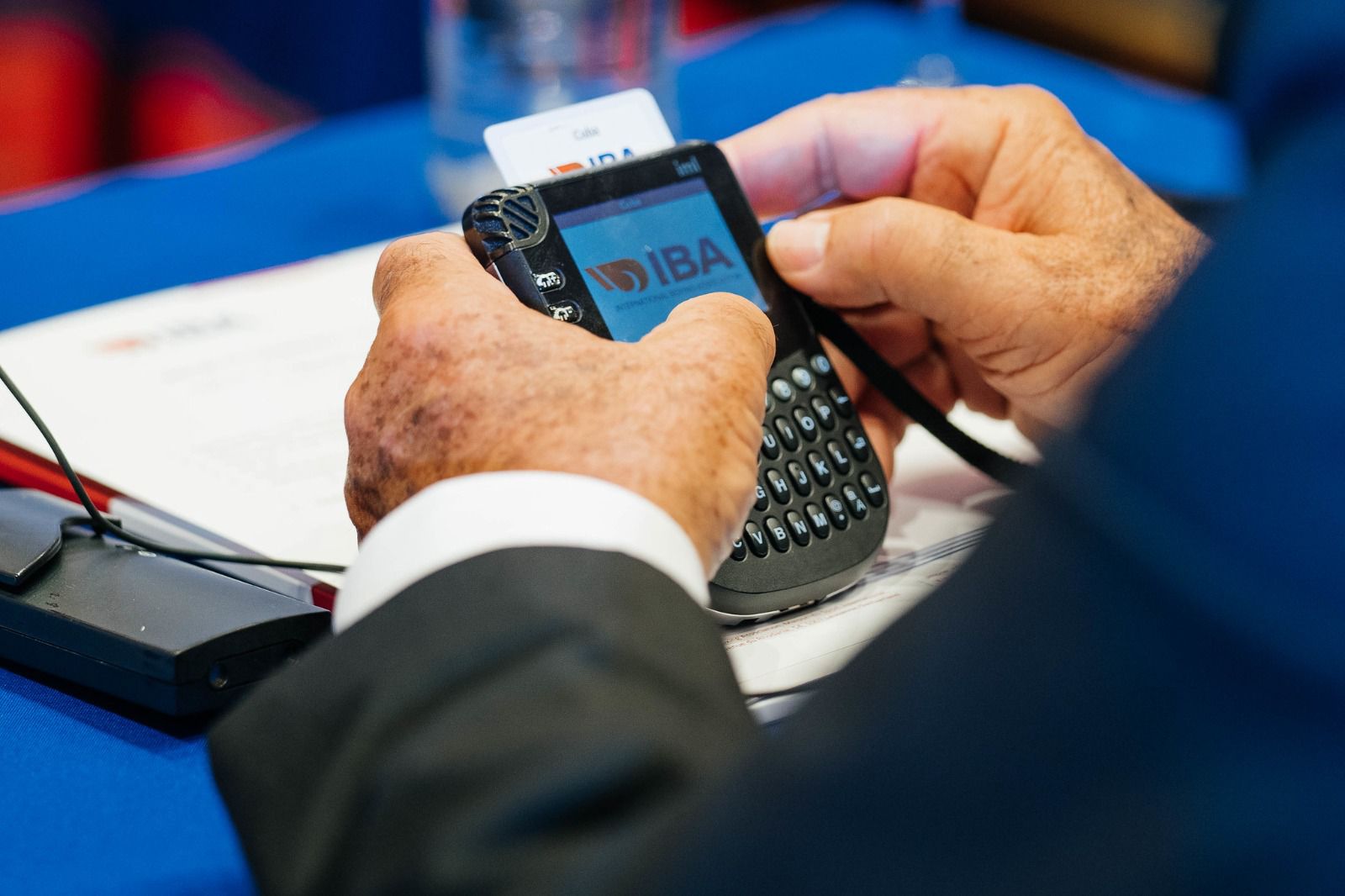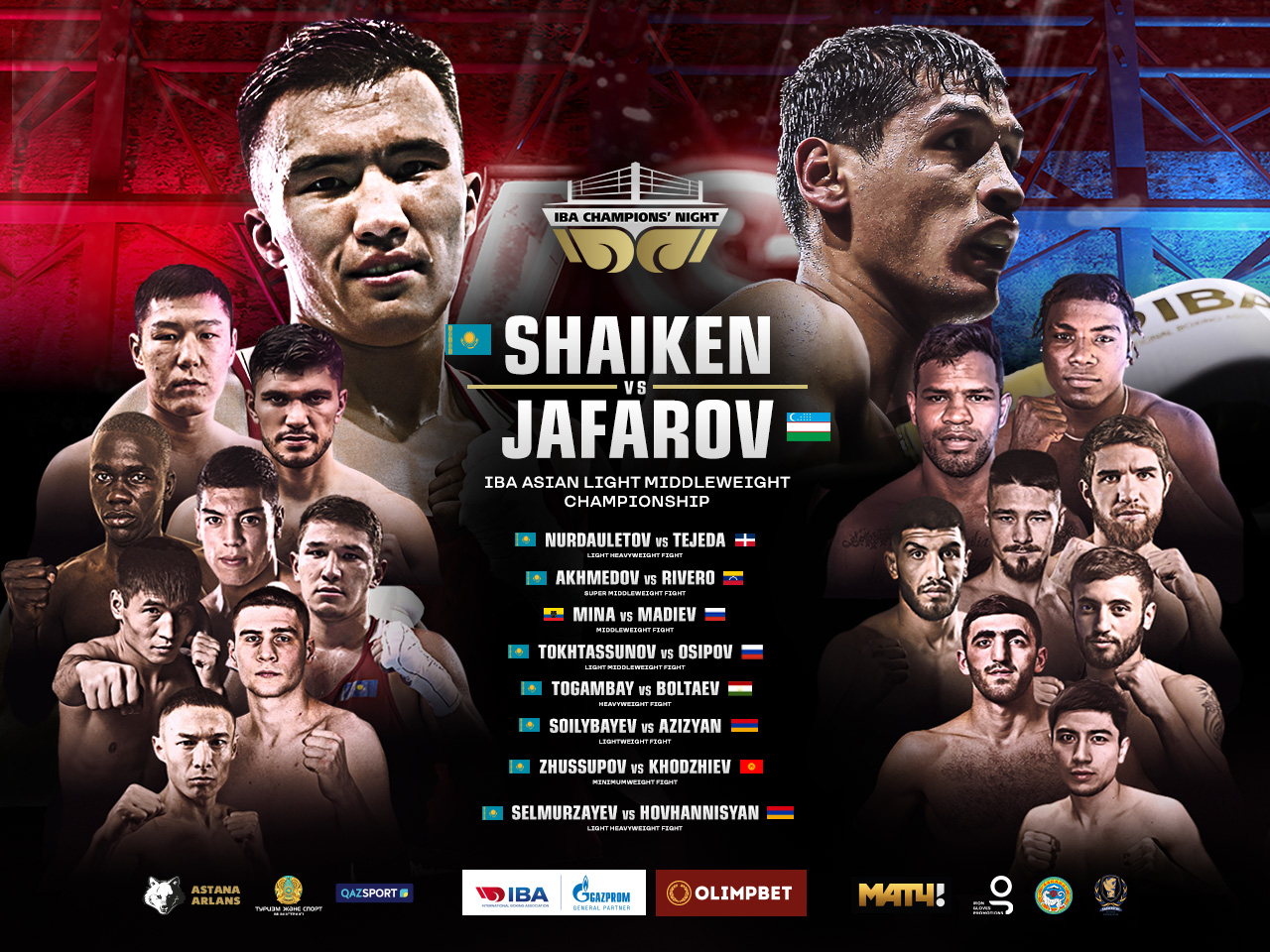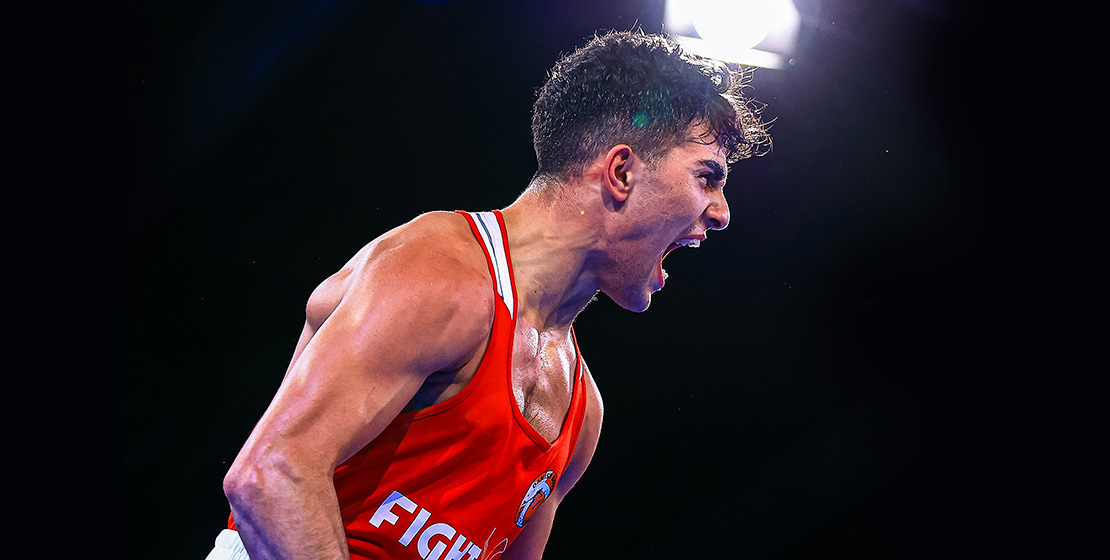Boxing in Olympism
March 18th, 2019 / IBA
In fact, boxing is one of the oldest Olympic sports. The earliest evidence of boxing dates back to Egypt around 3000 BC. The sport was introduced to the ancient Olympic Games by the Greeks in the late 7th century BC, when soft leather thongs were used to bind boxers’ hands and forearms for protection, and Onomastos of Smyrna won the first ever boxing gold medal.
In the new era, it has been introduced at the III edition of the Olympic games in 1904 with just 18 athletes participating. And since then boxing has been a part of Olympic program except the Games of 1912, because Sweden law banned the sport at the time. Boxing started with 7 men weight classes in 1904 and expanded to 8 men and 5 women categories in coming 2020 event.
As of the 2016 Olympics, the USA scored the biggest number of medals in boxing with 50 gold, 24 silver and 40 bronze, total 114. Cuban hold second place in the ranking with 37 gold medals, Great Britain is third with 18. In total, 79 nations earned medals in boxing at Olympics – from Zambia to Bermuda, from Dominican Republic to North Korea.
Boxing is unique kind of sport. You can enter the gym at the age of 8, have your first fight at 12, and finish when you are 40 with plenty of medals and titles. No matter if you are a champion of your neighborhood or a world champion, doing boxing you’ll get its advantages in any positions. You hardly can imagine a sailing club in a fisherman’s village in Thailand. Or a golf course in Yemen. But there are boxing clubs in both. And they are full of people desiring to know how to punch and how to win. Because for many of them it is the only opportunity to validate themselves and be recognized.
Besides, you need nothing to box. You can learn boxing with bare foots and fists. Entering any competition, you will get all the necessary equipment. It’s one of the most accessible of sports. There are thousands of boxing gyms all over the world, and there are a lot of people who go in for boxing dreaming of Olympic gold medals, as the top of their boxing achievements.
Olympism is a philosophy of life, exalting and combining in a balanced whole the qualities of body, will and mind, says Fundamental Principles of Olympism of the Olympic Charter. The enjoyment of the rights and freedoms set forth in this Olympic Charter shall be secured without discrimination of any kind, such as race, colour, sex, sexual orientation, language, religion, political or other opinion, national or social origin, property, birth or other status.
So, which kind of sport is more appropriate to the Olympic Charter, than boxing?
Boxing represents all the population variety of the Earth, all the races, colours, languages, social origin and other status. It is a huge platform for growing up for thousands of athletes all around the world both men and women. Through boxing we see a lot of successful people, achieving big things in the ring and out. Boxing develops discipline, courage and confidence in many who are denied their character development traits at home.
Also, the Charter says that recognizing that sport occurs within the framework of society, sports organizations within the Olympic Movement shall apply political neutrality. They have the rights and obligations of autonomy, which include freely establishing and controlling the rules of sport, determining the structure and governance of their organizations, enjoying the right of elections free from any outside influence and the responsibility for ensuring that principles of good governance be applied.
AIBA is a special governing body because of the unique population it serves. The people it chooses to lead its program are different from those that are called to lead IF’s like Equestrian. The assessment of an IF’s leadership should be based upon performance, not politics. It should be determined by a democratic process of an autonomous organization, not focused on the organization by those who have no understanding of the population being served. On the surface, AIBA and boxing seems incorrigible to those who come from socially and economically privileged sports, but below this surface lies and organization with a grass root structure that has voluntarily served thousands and changed the lives of hundreds for the better.
Removing boxing from the Olympics is as unthinkable as removing Olympism from the Olympics. Replacing AIBA rather than working in cooperation with the organization to affect good governance is equally unthinkable.
After all, who will train the athletes from the Thailand fisherman’s village or the conflict zones of Yemen?


